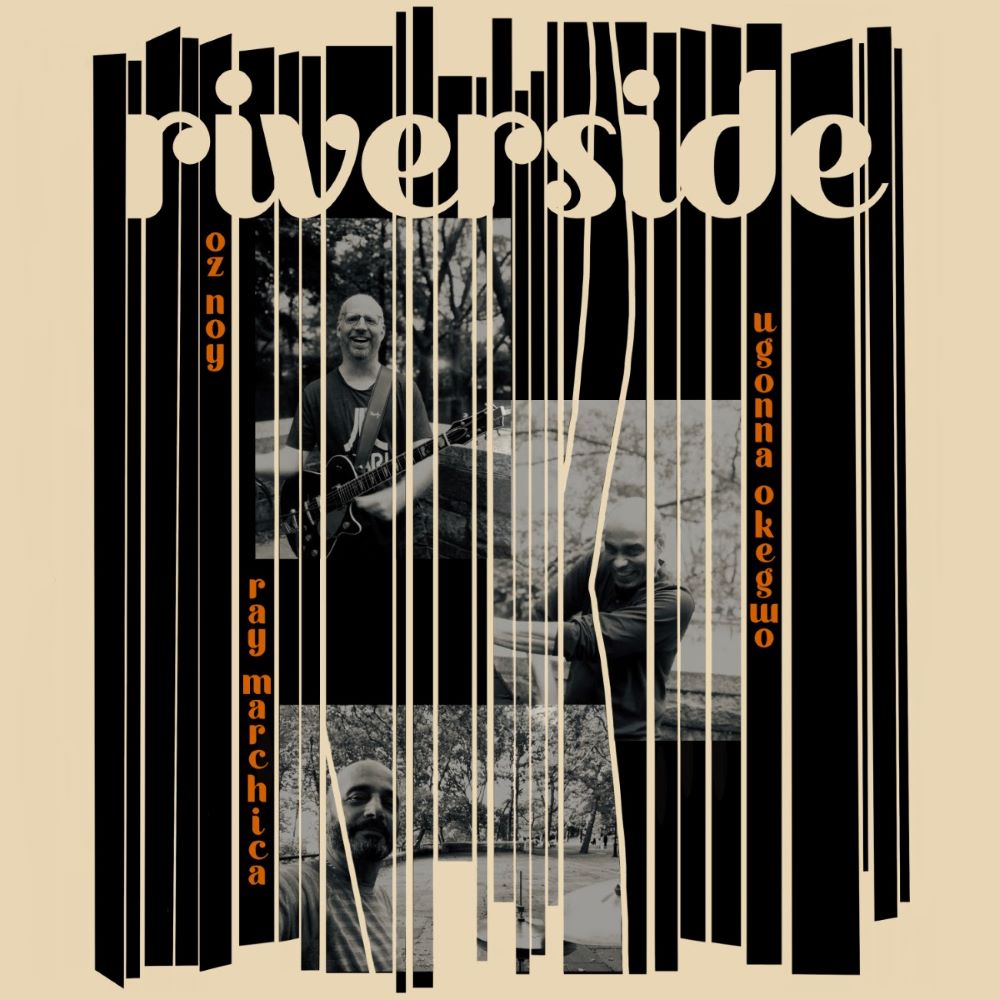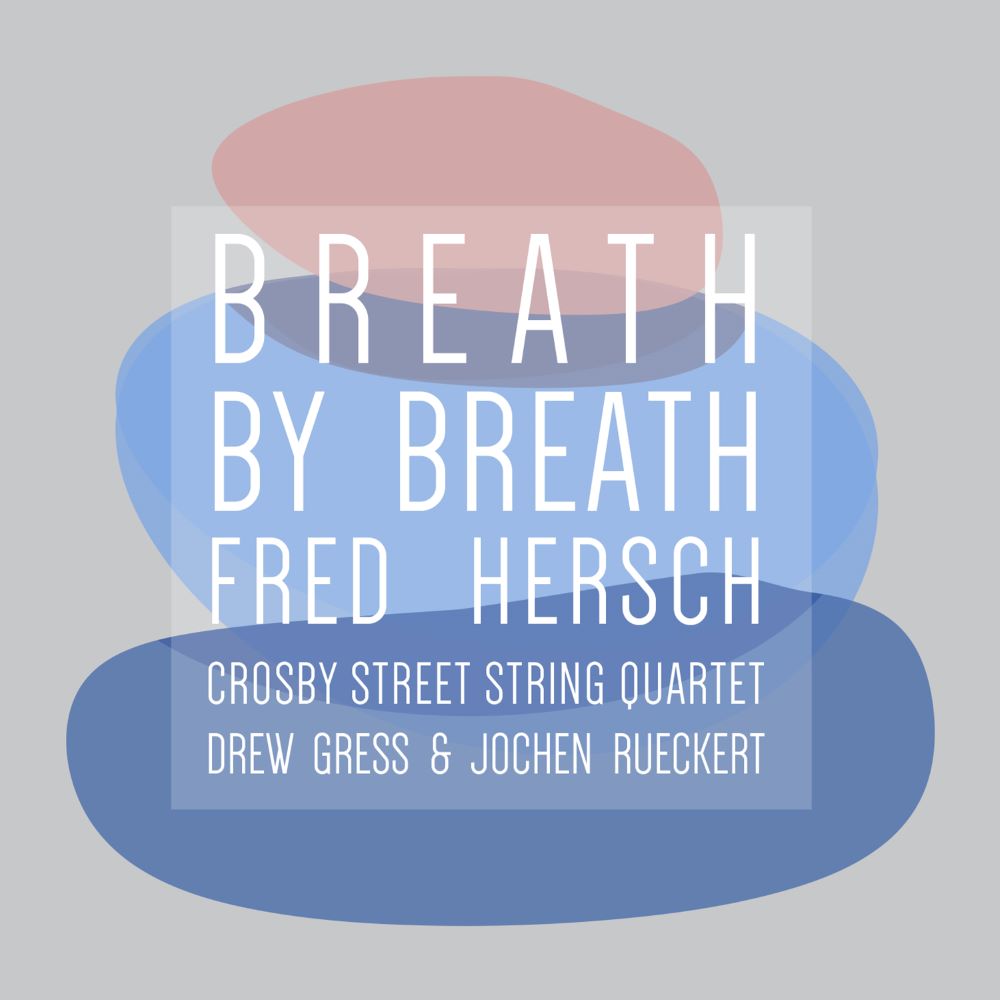MULTI-INSTRUMENTALIST DAVE WILSON RELEASES
STRETCHING SUPREME
A Tribute to John Coltrane, Coming January 7, 2022 on Dave Wilson Music
John Coltrane is one of the great cultural icons of the 20th century. Even today, more than a half century after his death, his influence transcends musical boundaries, and his brooding, spiritual sax sound still resonates with music lovers of all stripes. STRETCHING SUPREME, the newest CD from reedman DAVE WILSON, is an homage to Wilson’s idol, whose music changed the course of Wilson’s life and career.
Five of the compositions on STRETCHING SUPREME were recorded live at Chris’ Jazz Café in Philadelphia, the city’s premiere jazz venue, in 2017, while two others were also recorded live at Chris’ at a 2018 performance. This is Wilson’s seventh CD as a leader and follows One Night At Chris' (2019), There Was Never (2015), Spiral (2010), My Time (2006), Through the Time (2002), and, with his early Traditional Jazz group the Canal Street Hot 6, Back in the Day (2004). Reviewer Scott Yanow says, “An excellent tenor and soprano-saxophonist, Dave Wilson has long had his own sound. While well versed in bop and inspired by Dexter Gordon and John Coltrane, Wilson is not shy to take his improvisations a bit outside when it fits the music.”
Wilson plays tenor, alto and soprano sax, clarinet, and flute. He is also a composer, arranger, bandleader, teacher, and entrepreneur with a successful business, Dave Wilson Musical Instruments, which specializes in buying and selling vintage and contemporary woodwind and brass instruments. He lives in the Central PA/Delaware Valley area, but he grew up in Bronxville, NY, a small village just north of New York City. He began studying the clarinet when he was in fourth grade but switched to the sax after he bought Live at the Village Vanguard, an iconic Coltrane recording whose lyrical and emotional quality captured Wilson’s imagination. As a youth, Wilson was in a variety of bands, playing funk and even blues harmonica, but by the time he was 14, his interest in improvisation and love of Coltrane’s music ineluctably set him on the path to becoming a jazz musician. Over the years, he studied the saxophone with many top jazz artists, including Dave Liebman, Joe Lovano, Bill Barron, and Ralph Lalama.
As with a number of other musicians, such as Phil Woods, Dave Liebman, and Bob Dorough, to name just a few, Wilson found a home in the Central PA, area. He moved to Lancaster County to go to school, met the woman who would be his wife, and decided to settle down there to enjoy the less hectic lifestyle and the many opportunities that the region afforded.
Although Wilson’s main love and focus is as a modern jazz musician, he has enjoyed playing in bands performing a variety of styles, including the Happy Wanderers German Band, who play authentic German music, and the Rampart Street Ramblers, (successor to the Canal Street Hot 6), which was founded by Wilson and carries on the tradition of Traditional New Orleans/early jazz music. On the other end of the music spectrum is Wilson’s Free Jazz Explorations project, an experimental and avant-garde undertaking that attempts to return jazz to its more primitive, often religious roots, with an emphasis on collective improvisation. But Wilson’s main activities are centered around his quartet, trio, and duo work. Working in different configurations, Wilson’s jazz groups play concerts, festivals, colleges, clubs, and private functions, mostly in the Central Pennsylvania area, and as well as around Philadelphia, Pittsburgh, Baltimore, Washington D.C., and New York City.

Five of the seven tunes on STRETCHING SUPREME were recorded on a single evening at Chris’ Jazz Café, in October of 2017, as part of a “Tribute to John Coltrane”, while two of the tunes, “On the Prairie” and “Days of Wine and Roses,” come from a performance in March of 2018 at Chris’ which produced the One Night At Chris' album. Those tunes feature Philly legend DAN MONAGHAN on drums. One Night At Chris' garnered stellar reviews and charted on regional and national radio stations. Wilson had wanted to include “On the Prairie” and “Days of Wine and Roses,” on One Night At Chris' but didn’t because of space. He felt their tone and style worked well on STRETCHING SUPREME and so was happy to have the opportunity to release them.
Unlike One Night At Chris', Wilson did not intend to record the concert that produced STRETCHING SUPREME and did not set up the room for a live recording; however, Chris’ resident sound engineer, Sean Svadlenak, recorded the performance and offered the recording to Wilson. Although Wilson received a two-track recording, he liked what he heard from the music and gave it to top-notch engineer Kent Heckman of Red Rock Recording, near Stroudsburg, PA, to enhance the sound quality. There were no edits or overdubs, and the recording represents the full, exciting sound and impressive improvisatory chops of the band, which comprises Wilson’s old friend, Lancaster County pianist and unsung East Coast All-Star KIRK REESE; bassist TONY MARINO, who has played with jazz luminaries such as Bob Dorough, Phil Woods, and Dave Liebman; and drummer ALEX RITZ, a long-time member of the Dave Liebman band.
Wilson opens the CD with the first two movements of Coltrane’s suite “A Love Supreme,” which he divides into three parts, “Intro to Part 1: Acknowledgement,” “Part 1: Acknowledgement,” and “Part 2: Resolution.” Wilson had never played the tune in live performance before, but right from the opening Intro, we can hear Coltrane’s influence on Wilson’s sound. But Wilson is not merely an imitator -- he has a style and approach that is clearly his own while capturing Coltrane’s passion and intensity. “Dear Lord” and “Naima” are two other compositions written by Coltrane. “Dear Lord” appeared on Coltrane’s album Transition which many consider a bridge between his classic quartet recordings and the more experimental works of his last years. Coltrane composed “Naima” for his first wife whose nickname was Naima. Coltrane’s first love song, Wilson and band play it with a slow, Latin feel.
“On the Prairie” and “Days of Wine and Roses” are not part of the Coltrane canon. “On the Prairie” was composed by Wilson, who says it came to him “in a dream on a cold winter’s night,” while “Days of Wine and Roses” has been widely recorded, including by McCoy Tyner and Dexter Gordon, another major influence on Wilson. However, the style, tone, and emotional intensity of these compositions and arrangements make a fitting tribute to Coltrane.
Dave Wilson is not a player concerned with making an album for commercial tastes. For him, music is a personal statement as well as an art. He is guided by his love of improvisation, emotional intensity, and spiritual cognizance. On STRETCHING SUPREME, he takes John Coltrane’s music and stretches it in a shape that adheres to his own vision of his music and the world.
1. Intro to Part 1: Acknowledgement 02:17
2. Part 1: Acknowledgement 13:24
3. Part 2: Resolution 09:22
4. On The Prairie 11:22
5. Days Of Wine and Roses 13:33
6. Dear Lord 11:31
7. Naima 14:55
Dave Wilson tenor and soprano saxophones
Kirk Reese piano
Tony Marino bass
Alex Ritz drums
Dan Monaghan drums (4 & 5)
Produced by Dave Wilson
Recorded live by Sean Svadlenak at Chris’ Jazz Café in Philadelphia, PA on 10-19-2017. “On The Prairie” and “Days Of Wine And Roses” recorded on 3-29-2018.
All tracks presented here are in their full lengths as performed.
Mixed and mastered by Kent Heckman at Red Rock Studios, Saylorsburg, PA.















